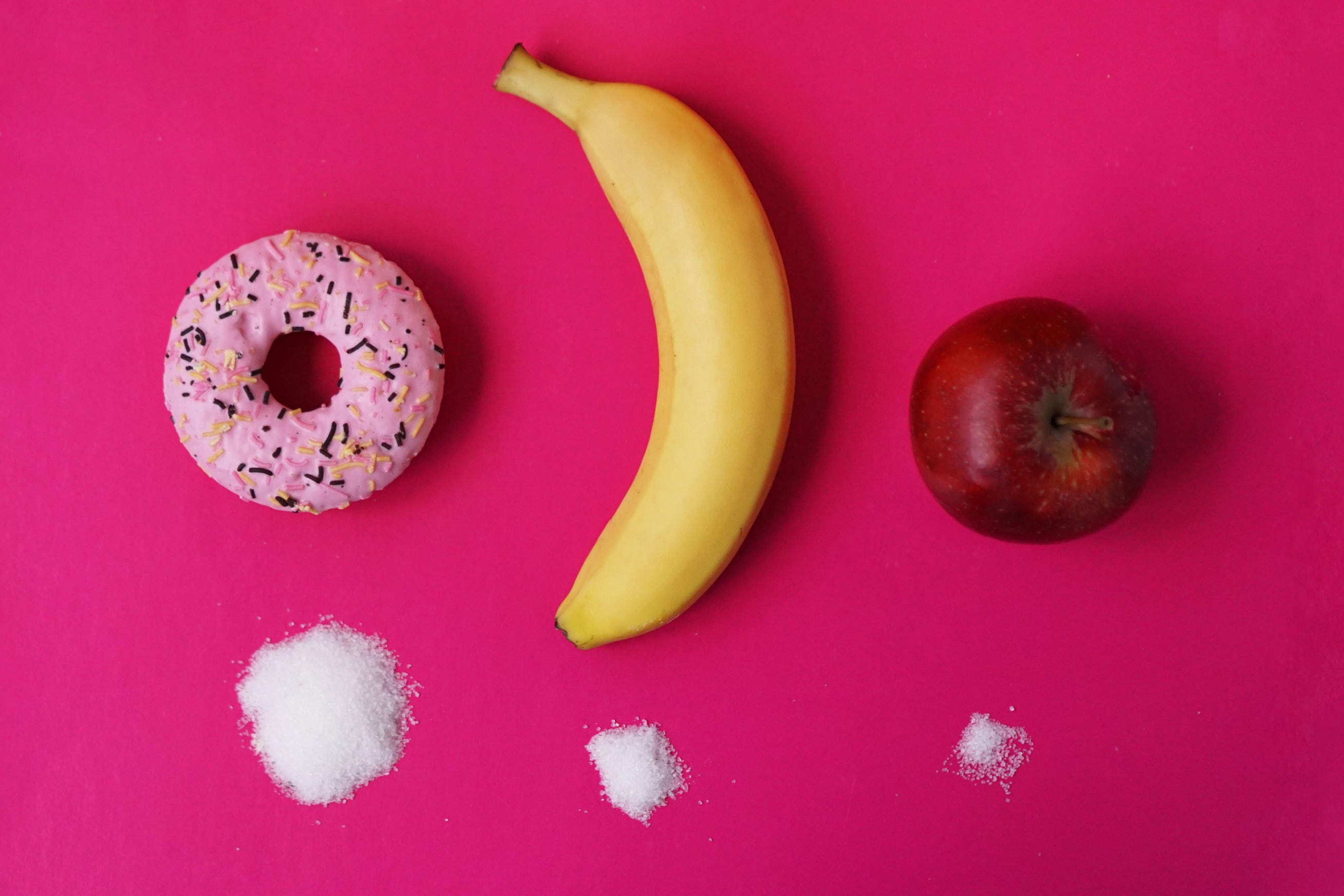How to lower your blood sugar levels, as new research reveals heart disease link
Diet, exercise and lifestyle factors all play a role. By Katie Wright.

Raised blood sugar levels could be linked to a greater risk of heart diseases, a new study suggests.
Research from the London School of Hygiene and Tropical Medicine found that men and women with raised blood sugar levels have a 30-50% increased chance of developing cardiovascular diseases (CVDs) even when these levels are below the threshold for diabetes.
Highlighting the importance of diet and lifestyle factors, the study also found that for blood sugar levels within the normal range, those with the lowest levels had a 10% lower risk of developing any form of CVD, which includes heart attacks and strokes.
What are blood sugar levels?
“Blood sugar levels, also known as blood glucose levels, are a measurement that shows how much glucose you have in your blood,” says Dr Gill Jenkins, GP, and advisor to the Tea Advisory Panel.
“Glucose is a sugar that you get either directly from food and drink, through digestion of carbohydrate-containing foods, or through other metabolic processes in the body.”
Blood sugar levels fluctuate throughout the day, she explains: “Increasing with eating and drinking (including alcohol), falling if you haven’t eaten or drunk for some time.”
The energy spike and subsequent slump you get from a fizzy drink or sweet snack is explained by the rise and fall of blood sugar.
“Blood glucose levels can also change with exercise, state of hydration, and with physical or mental stress, and certain medications,” Jenkins says.
“Even in people without diabetes, major illnesses, hormonal disorders, or certain medications such as steroids and some antidepressants, can cause blood sugar fluctuations.”
How can you tell if your blood sugar is raised?
Getting a sudden energy boost from a sugary food or drink isn’t actually a symptom of high blood sugar, also known as hyperglycaemia.
“Symptoms of very high blood sugar usually come on gradually and include feeling very thirsty, peeing a lot, blurred vision, feeling weak or tired and unintentionally losing weight,” Jenkins says.
“However, you may have no symptoms – or may not notice them – running constantly raised sugar levels.”
How to lower your blood sugar levels
Diet, exercise and other lifestyle factors can all impact your blood sugar levels. “In general, avoid eating too much sugary or starchy food – and that includes sugary drinks, as well as alcohol,” says Jenkins.
“Focus as much as possible on unprocessed grains, such as oats, mixing in a few seeds or nuts.”
Getting your five-a-day fruit and vegetables also helps: “Especially green leafy varieties such as kale, broccoli, spinach, cavolo nero.”
Fruits such as strawberries, raspberries and blueberries are excellent, but be careful with ripe tropical varieties: “Limit fruit which may, depending on the individual, produce a higher glycaemic response, such as mango, banana, pineapple, melon.”
Stay hydrated with water or other low-sugar beverages, such as tea, which has been shown to normalise blood sugar levels following a meal. “The reason for these findings are related to the polyphenol content of black tea, which help to regulate blood glucose and insulin,” says Jenkins.
Aim for the NHS-recommended 150-minutes of exercise a week, combining moderate movement – such as walking – with intense activity, if your fitness allows.
“Walking alone reduces weight – if you also pay attention to diet – and improves insulin sensitivity, which helps to control blood glucose,” Jenkins says.
“Even if you don’t ‘exercise’, being more active will help – take the stairs rather than the escalator, park your car a little further from work, get off the bus one stop early and then walk.”
A study last year found that even standing up as much as possible throughout the day can significantly reduce your blood sugar levels.
Lastly, check with your GP if you have other illnesses, advises Jenkins.
“If you have diabetes, take your diabetes medication exactly as prescribed and follow any recommendations your diabetes nurse, doctor or health care team gives you.”
Subscribe to Independent Premium to bookmark this article
Want to bookmark your favourite articles and stories to read or reference later? Start your Independent Premium subscription today.
